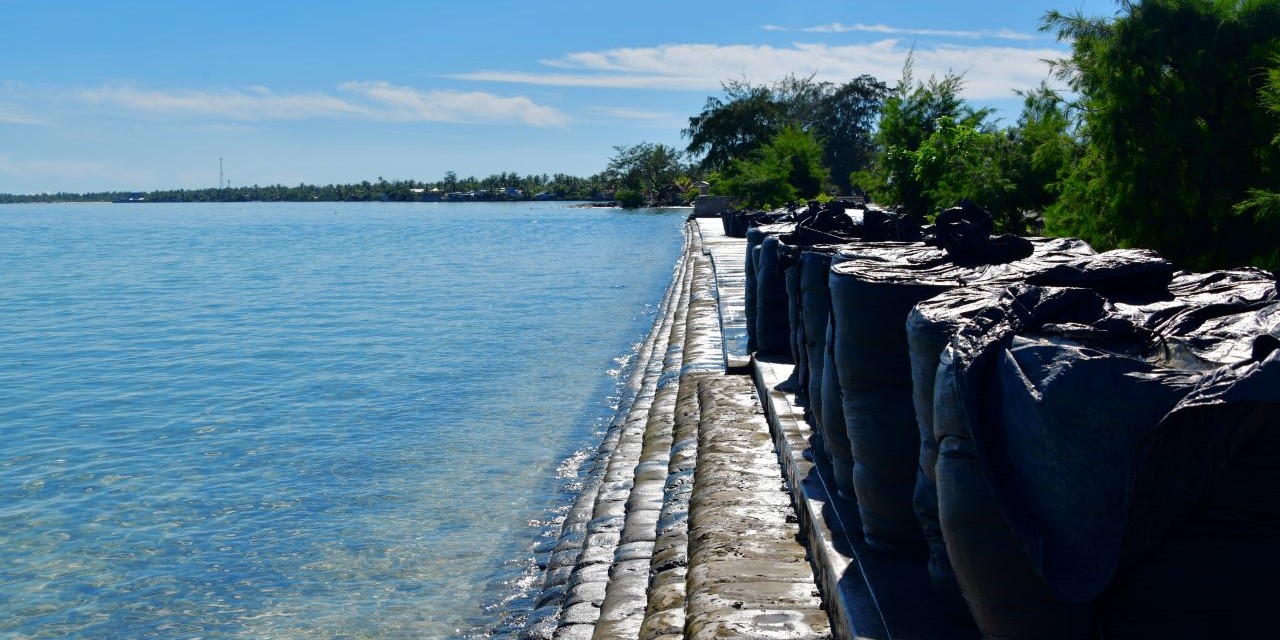The desert dust of Dubai is slowly settling as we reflect on the outcomes of COP28 in the United Arab Emirates.
What does the “Dubai Consensus” actually mean for Pacific Small Island Developing States and the communities that they represent? The fact that the so-called consensus was gavelled before AOSIS, the Alliance of Small Island States, even entered the plenary session or were able to make their intervention, was indicative of a COP, where the “F” words of “Fossil Fuel” were always going to be a contentious issue.
While the early adoption of and pledges to a Loss and Damage fund were welcome news, the expected celebration of this decision was tempered by the understanding that there was still much work to be done on the management of the fund, access to the funding by the most vulnerable and least responsible states and communities, and the process of how non-economic loss and damages were to be calculated in a manner that maintained dignity and values of affected communities. However, from the outset, Pacific island countries made their position clear, as has been clear since the Paris agreement was reached at COP21 in 2015: world’s average temperature should not exceed that of preindustrial times by more than 1.5 degrees Celsius in order to avoid the more extreme and irreversible climate effects. The slogan, “1.5 to stay alive” by Pacific countries has been at successive COPs since Paris. This year, 1.5 was the “red line” for Pacific Small Island Developing States. No ifs, no buts.
Pacific churches have continued to support this stand by our governments, on behalf of the people of the Pacific, consistently saying that money for adaptation and loss and damage without concrete solutions on mitigation (the phase out of fossil fuels) is “blood money”. This year at COP28 saw the coming together of Pacific governments, church, civil society and activists to maintain the position, or “hold the line” of “1.5 to stay alive,” through an urgent and just transition away from fossil fuels, and serious new money in both adaptation and loss and damage funding, including non-economic loss and damage.
Read more: toda.org
Photo: toda.org


Leave a Reply